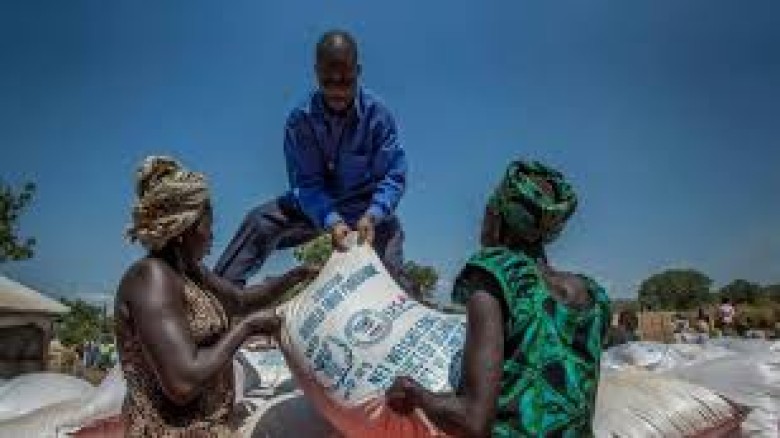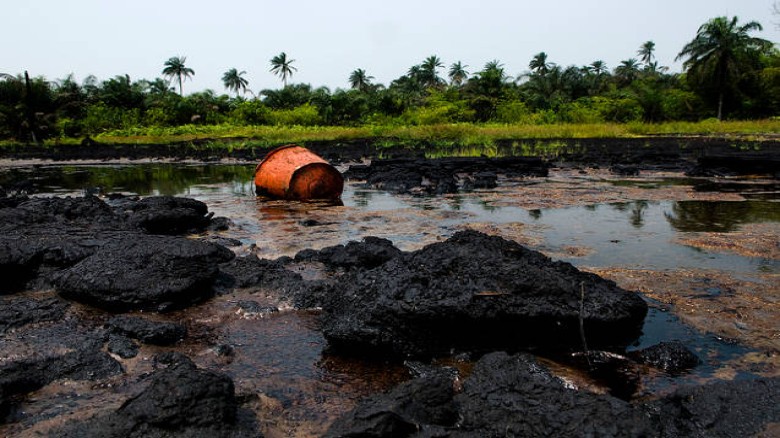Tinubu’s reforms attracted $800m in mining sector – Minister Tinubu’s reforms attracted $800m in min
Nigeria’s solid minerals industry is experiencing a revitalization, fueled by the Tinubu administration’s robust emphasis on enhancing local value and implementing stricter licensing rules. These reforms have drawn in over $800 million for processing projects over the past year.
Revenue from the sector surged to N38 billion in 2024, a significant increase from N6 billion the previous year, even though it only received 18% of the N29 billion that was allocated in the budget.
In an exclusive interview for a State House documentary marking President Tinubu’s second anniversary, Dr. Dele Alake, the Minister of Solid Minerals Development, shared these statistics.
Alake pointed out a boost in investor confidence resulting from considerable reforms within the mining sector.
Noteworthy projects include a $600 million lithium processing facility being established near the Kaduna-Niger border, which is expected to be commissioned this quarter, alongside a $200 million lithium refinery close to Abuja that is nearing completion.
Moreover, two additional processing plants in Nasarawa are set to be commissioned before the third quarter of 2025.
“These investments follow the government's requirement that no miner can obtain a license without a specified local processing facility. The era of exporting unrefined minerals is finished.
“Upon taking office, the entire sector was generating just N6 billion annually. By the conclusion of 2024, we reached N38 billion, despite only 18% of our N29 billion budget being released. This demonstrates the remarkable effectiveness of our policy framework,” Dr. Alake remarked.
In just the first quarter of 2025, the Mining Cadastral Office and the Mines Inspectorate reported revenues of ₦6.9 billion and ₦7 billion, respectively.
He expressed hope that 2025 would be a record-breaking year for the mining industry. He also mentioned that the government has earmarked ₦1 trillion in the current budget for mineral exploration to generate internationally recognized geological information.
“Exploration is essential. When we initially took charge, Nigeria's investment in exploration was merely $2 million, while Sierra Leone spent $40 million, Côte d’Ivoire $148 million, and South Africa over $300 million. No serious investor will engage with a sector lacking credible data.
“We are now dedicated to transforming our mineral resources into domestic economic benefits—creating jobs, fostering technology, and promoting manufacturing,” he asserted.
As part of his seven-point agenda, Alake emphasized ongoing initiatives to combat illegal mining and to incorporate artisanal miners into the formal economy.
He reported that last year saw the arrest of over 300 illegal miners, with 150 cases currently being prosecuted and nine convictions secured, some of which involve foreign nationals.
“We have implemented both active and passive strategies. While enforcement has shown success through the Mining Marshals, we’re also empowering locals by formalizing them into cooperatives, making them eligible for financing and sharing in revenue,” he noted.
He further indicated that over 250 mining cooperatives have been established nationwide to facilitate the transition of informal miners into the formal sector.
Nigeria, he remarked, is now at the forefront of the newly formed African Mineral Strategy Group, a continental coalition aimed at promoting local value addition and negotiating fairer mineral trade agreements across Africa.
“This was a direct outcome of Nigeria’s leadership role at the 2024 Future Minerals Conference in Riyadh. We’re at the forefront of Africa’s initiative to end raw material exports without domestic processing,” he stated.
























Leave A Comment